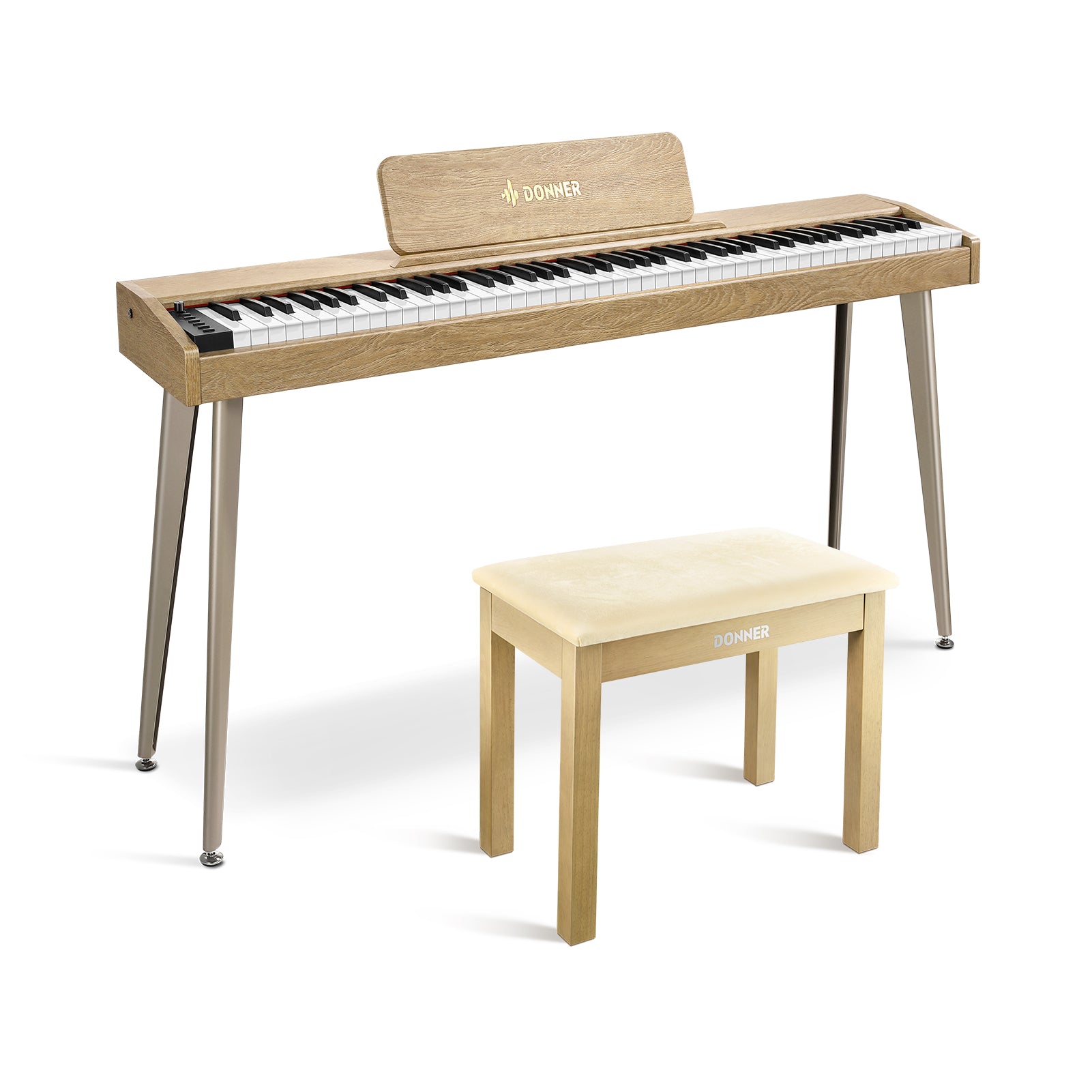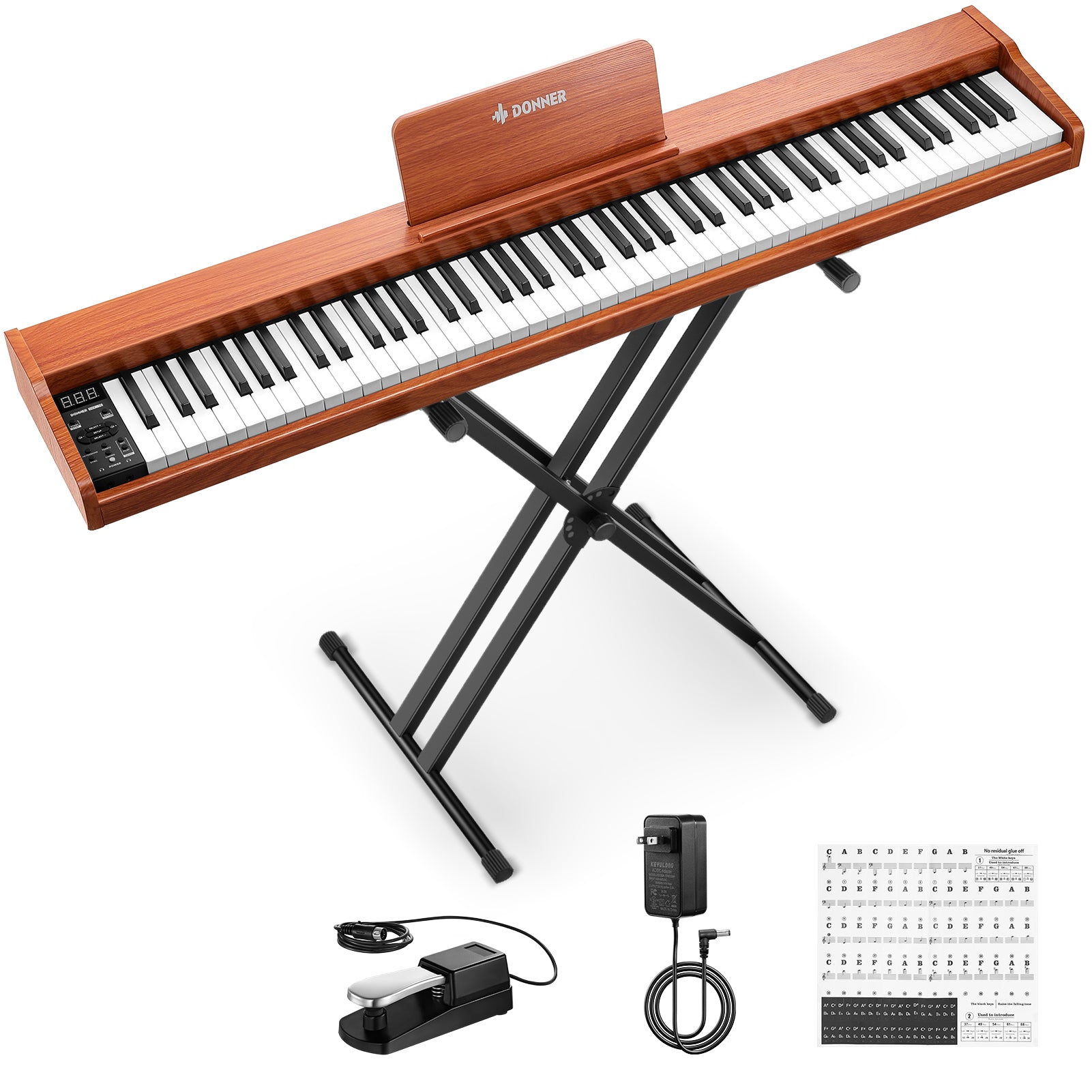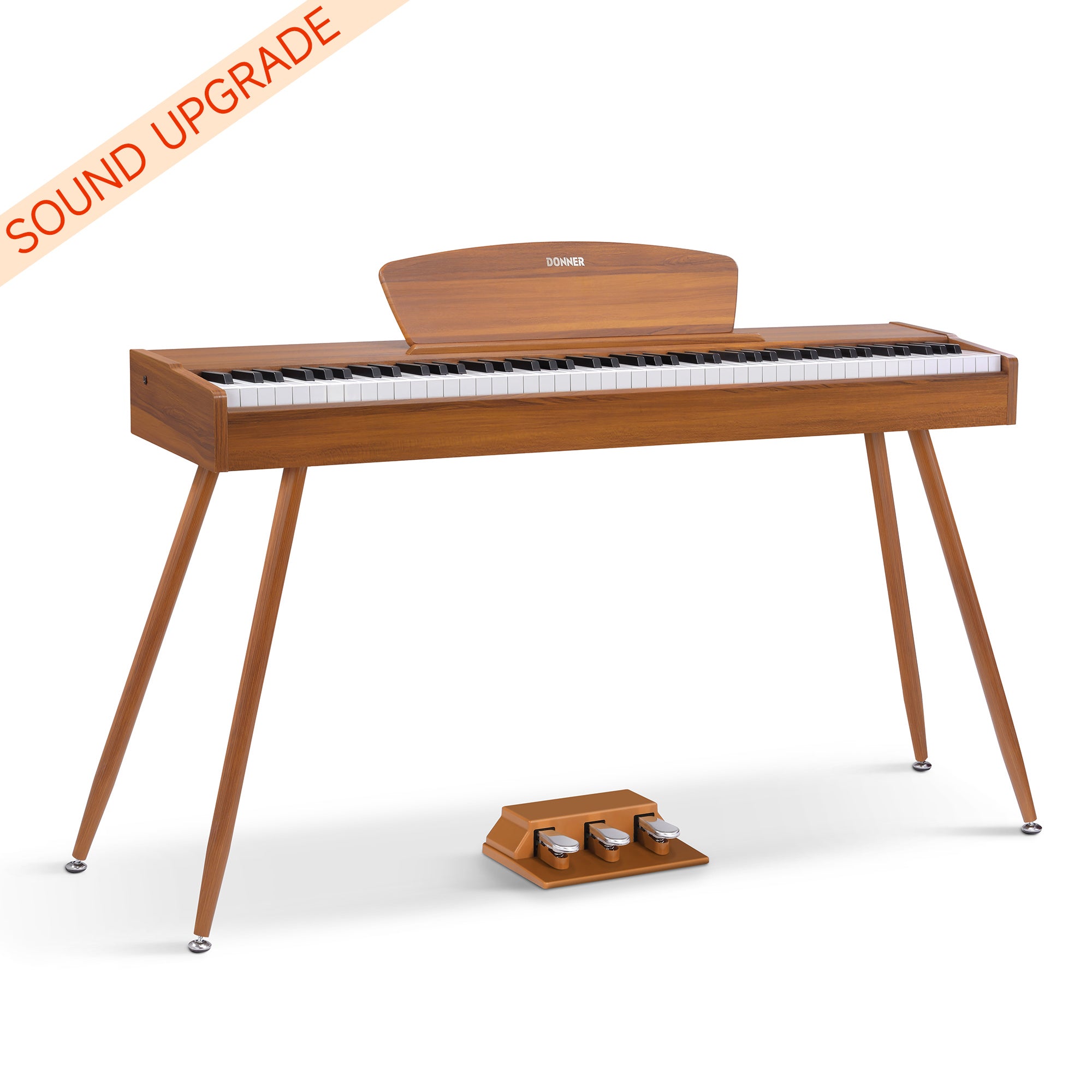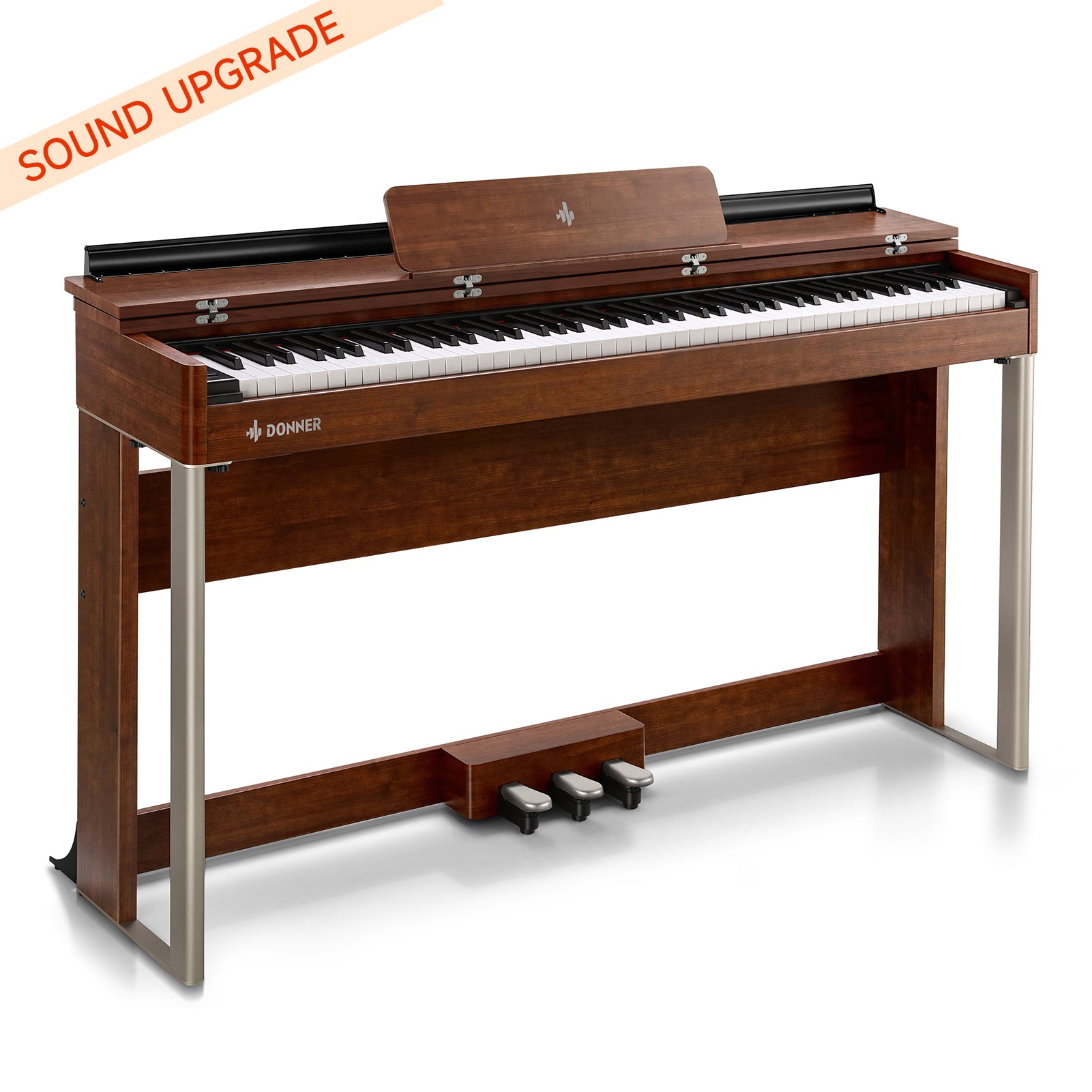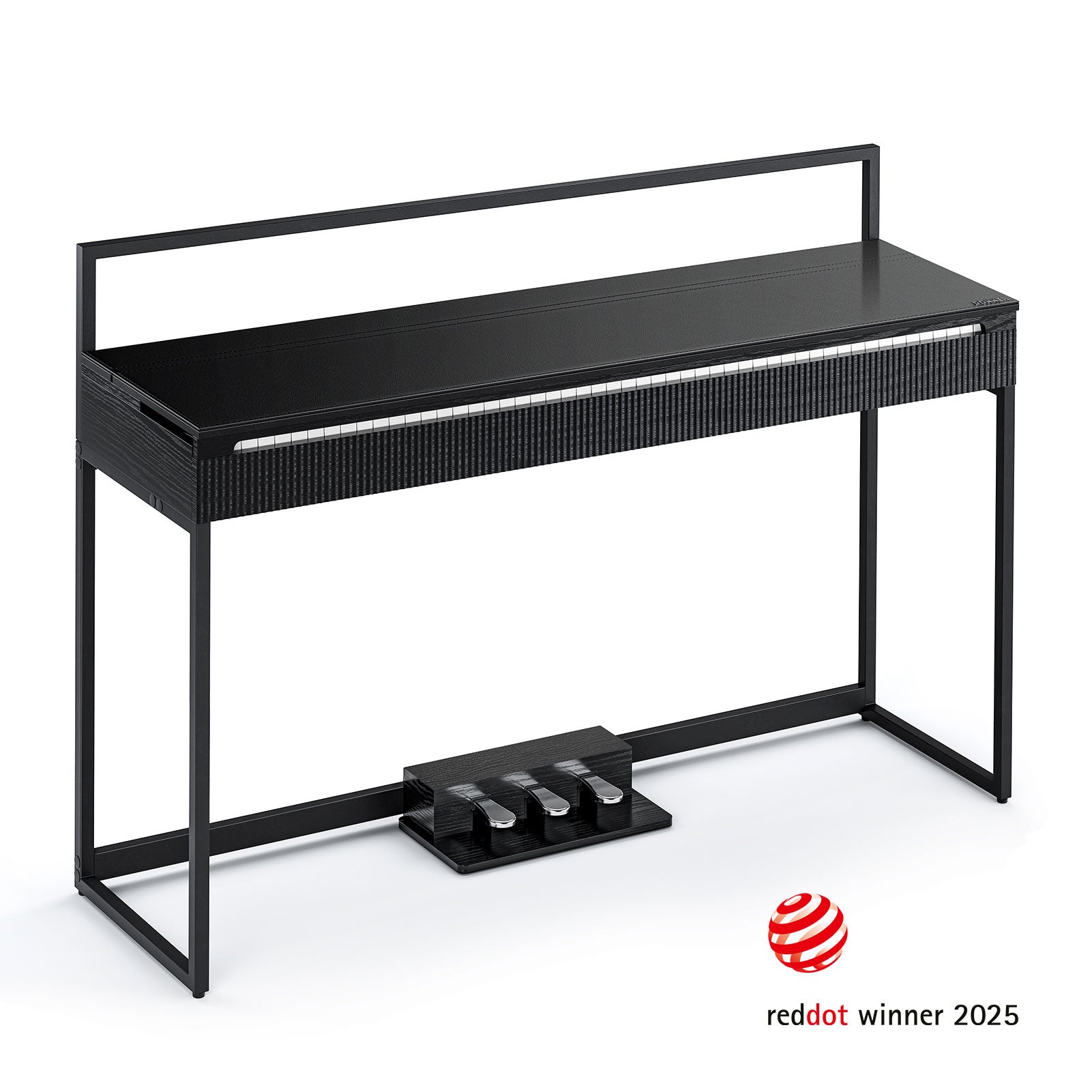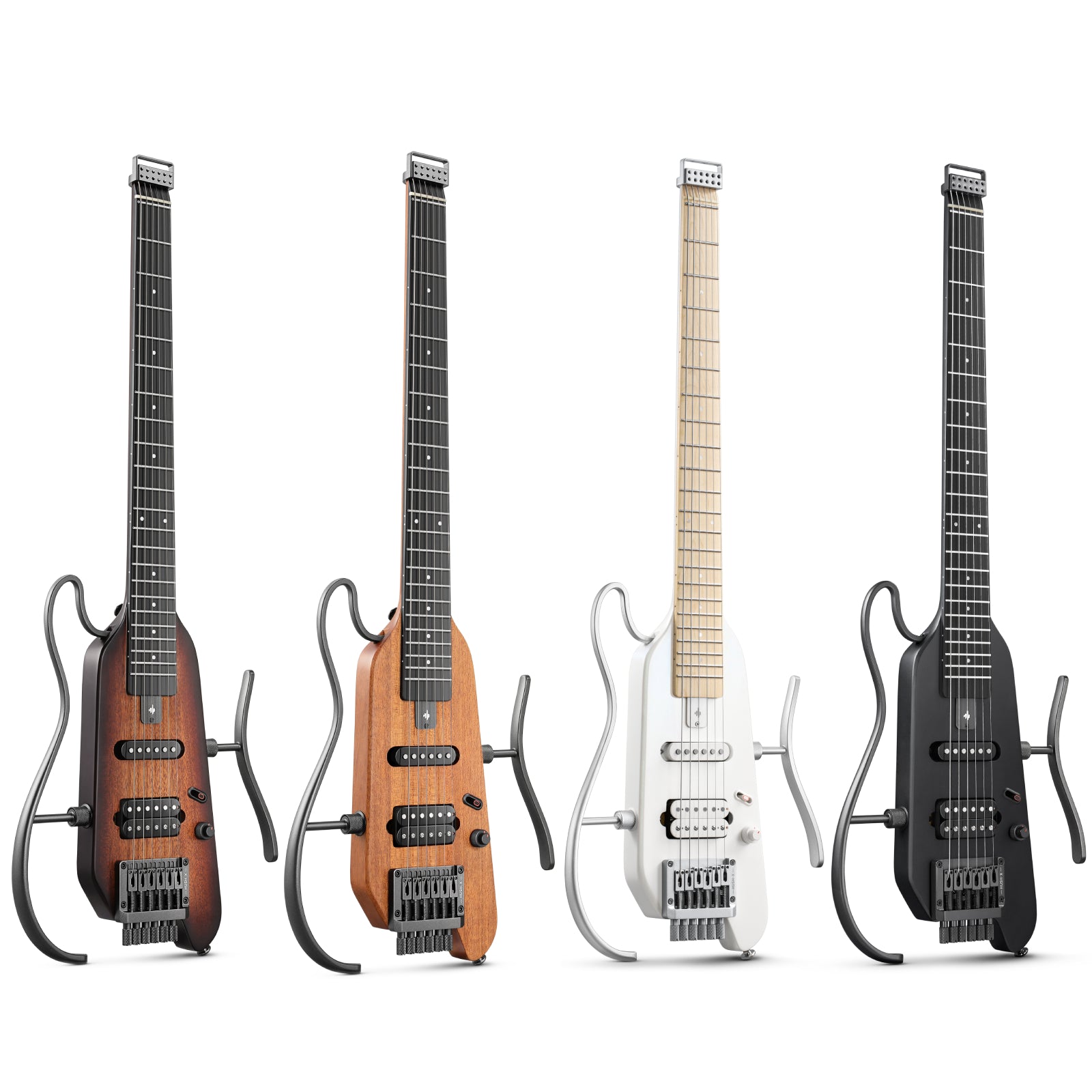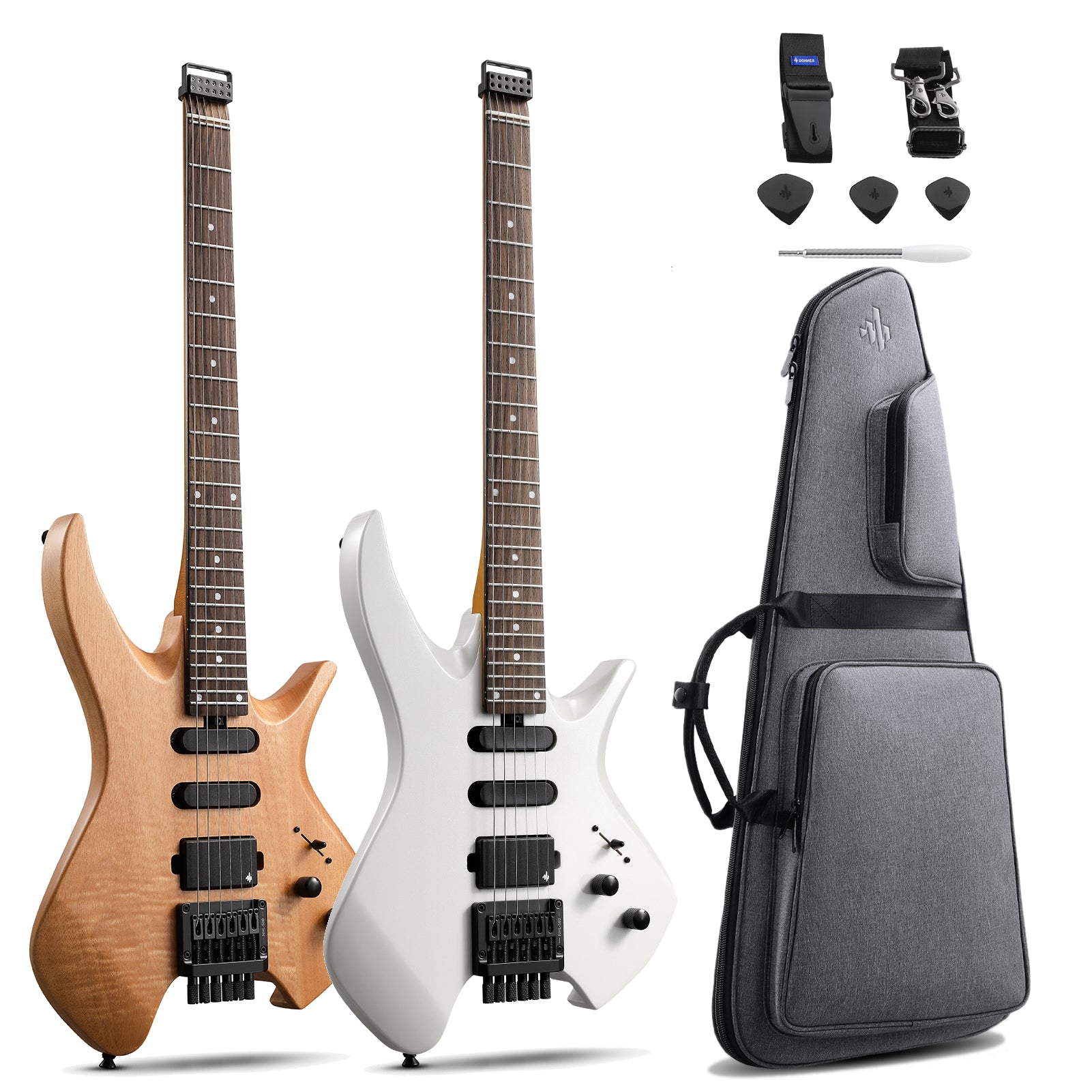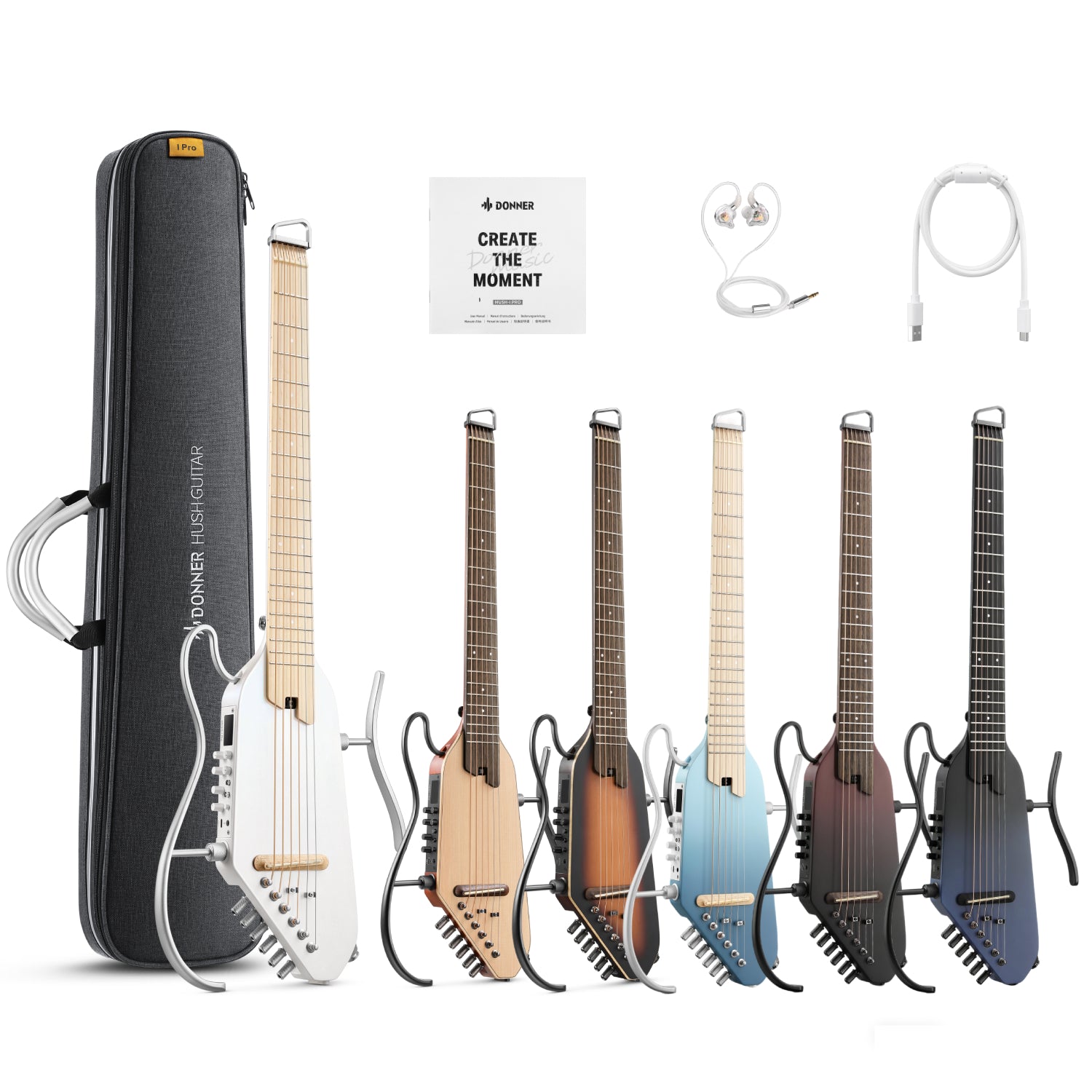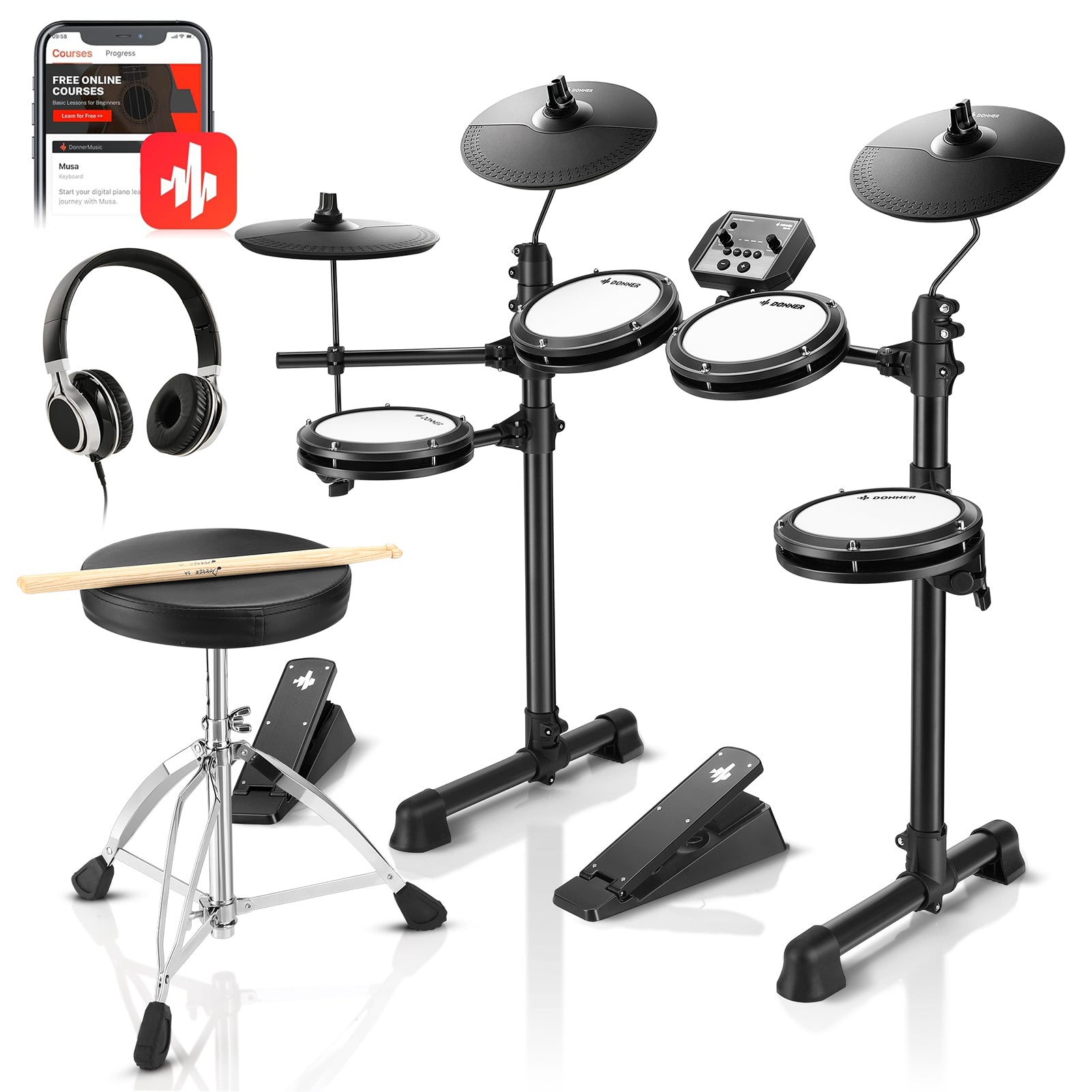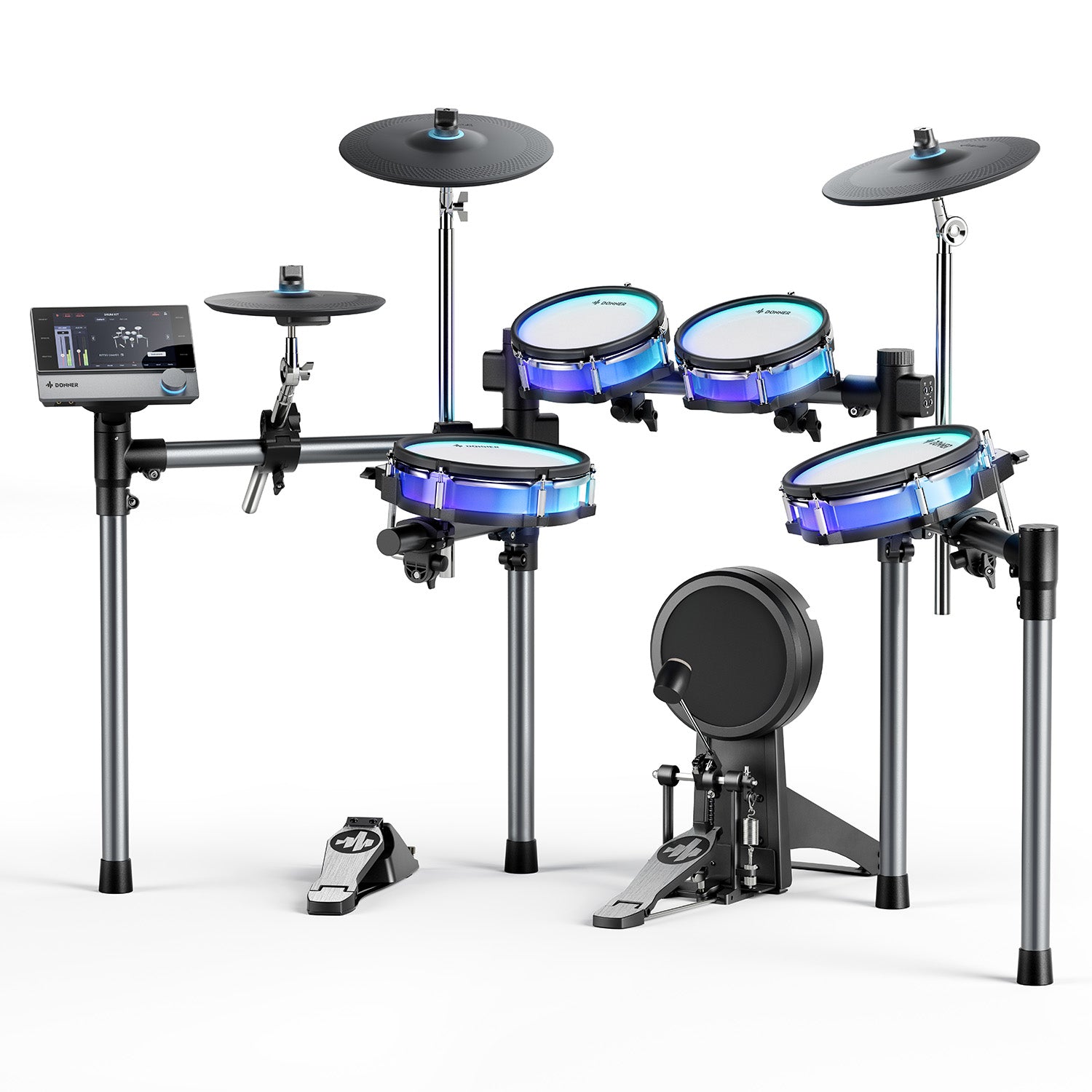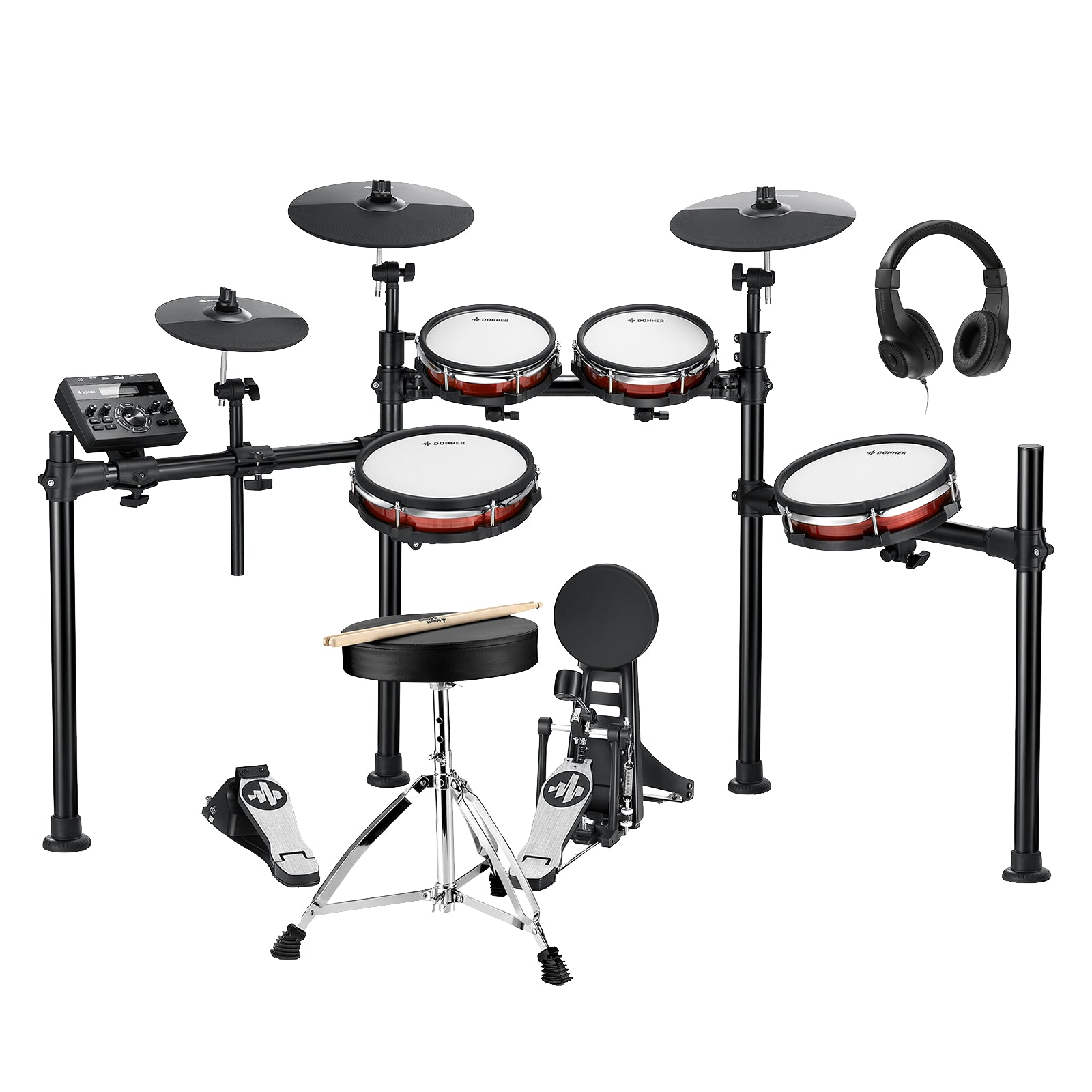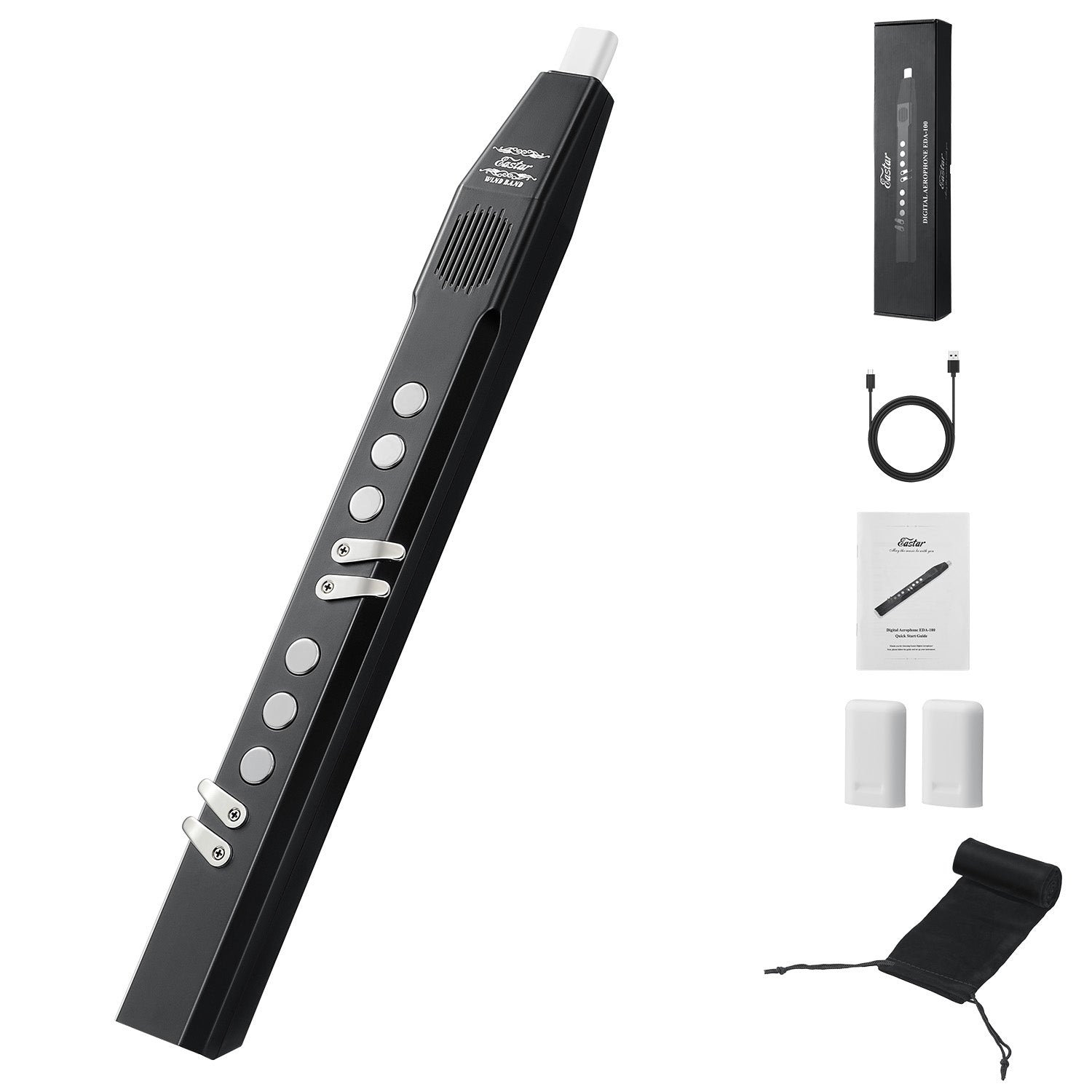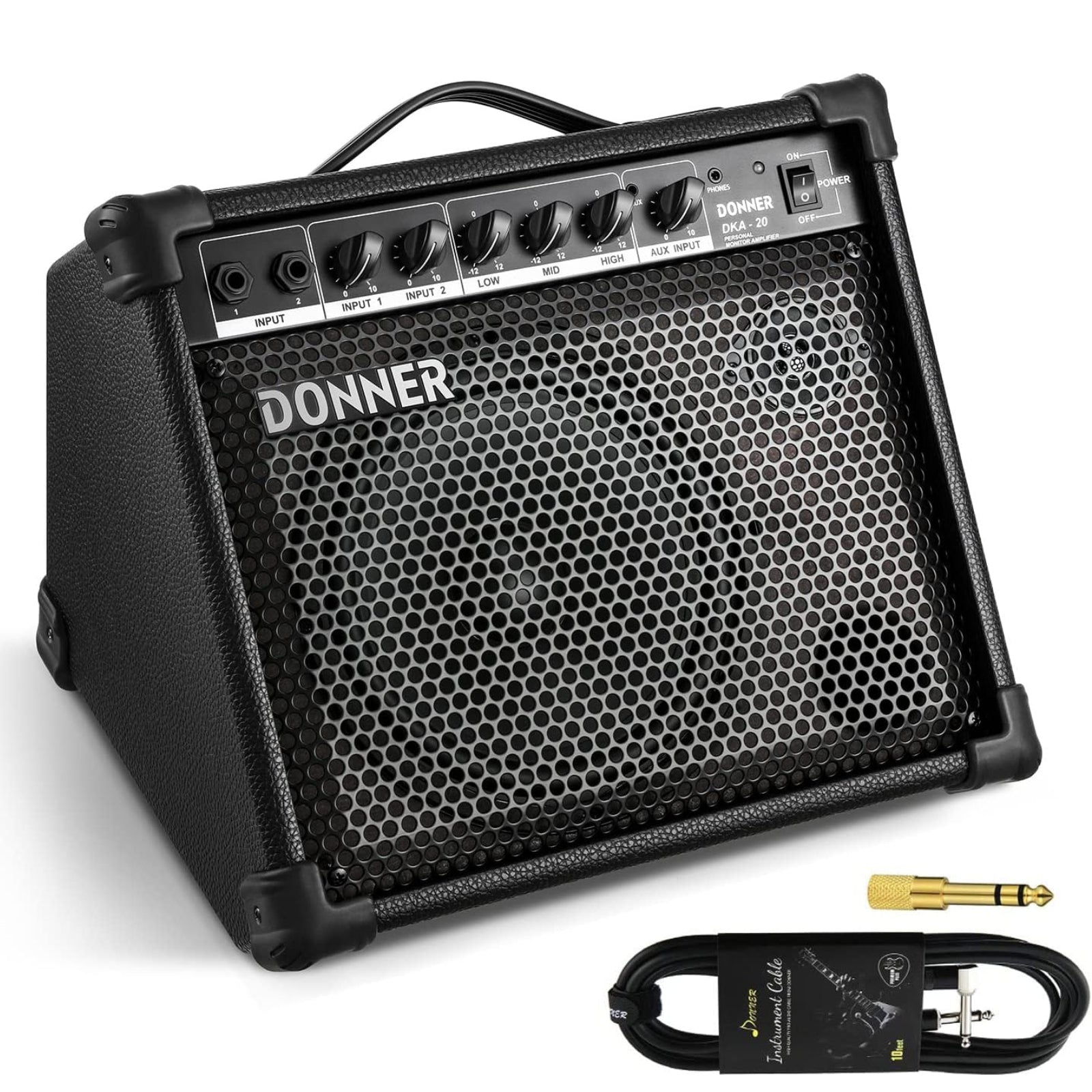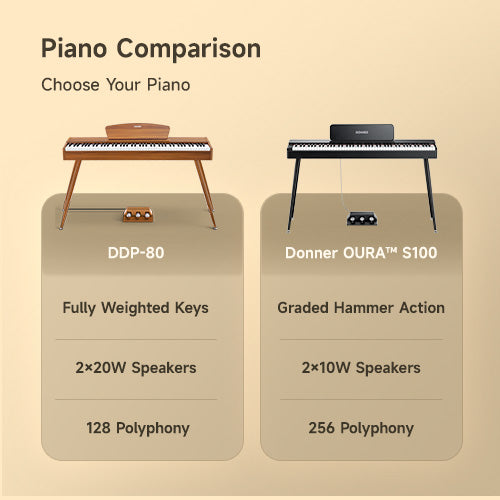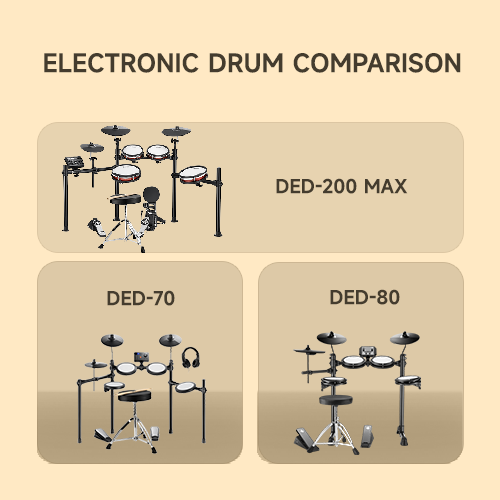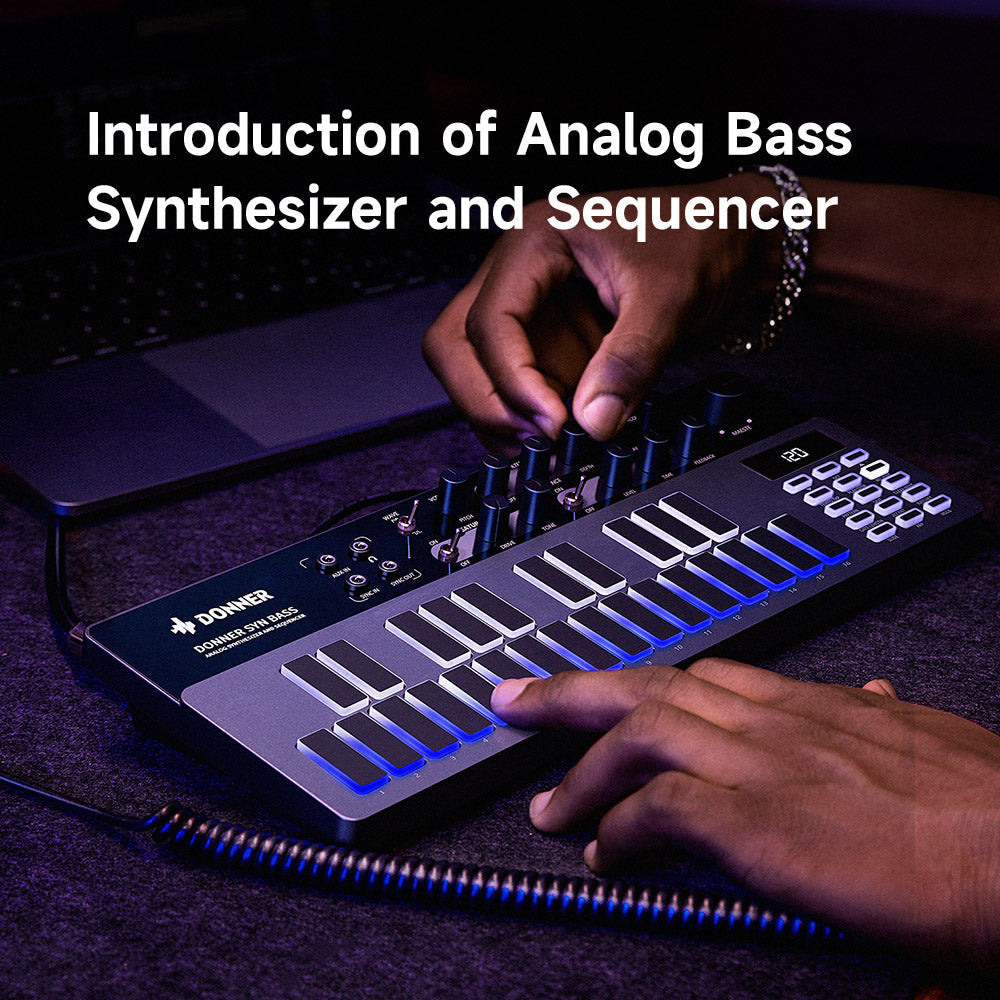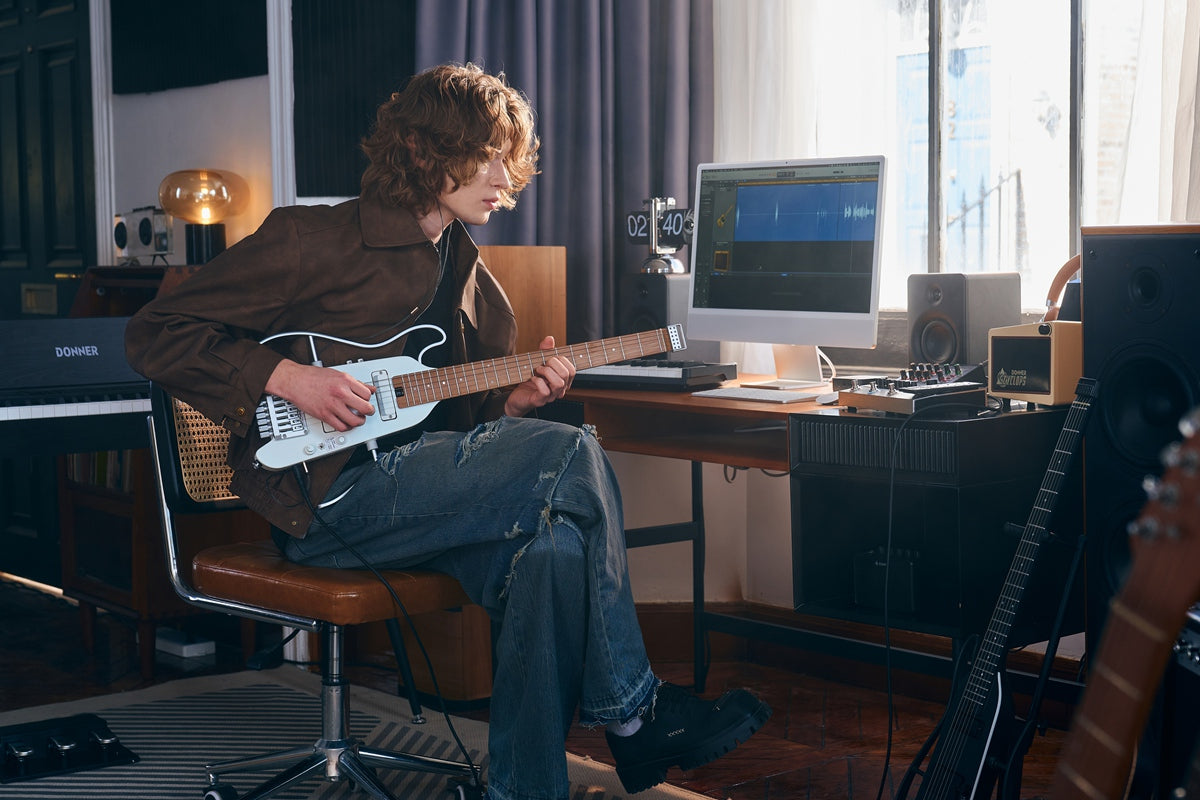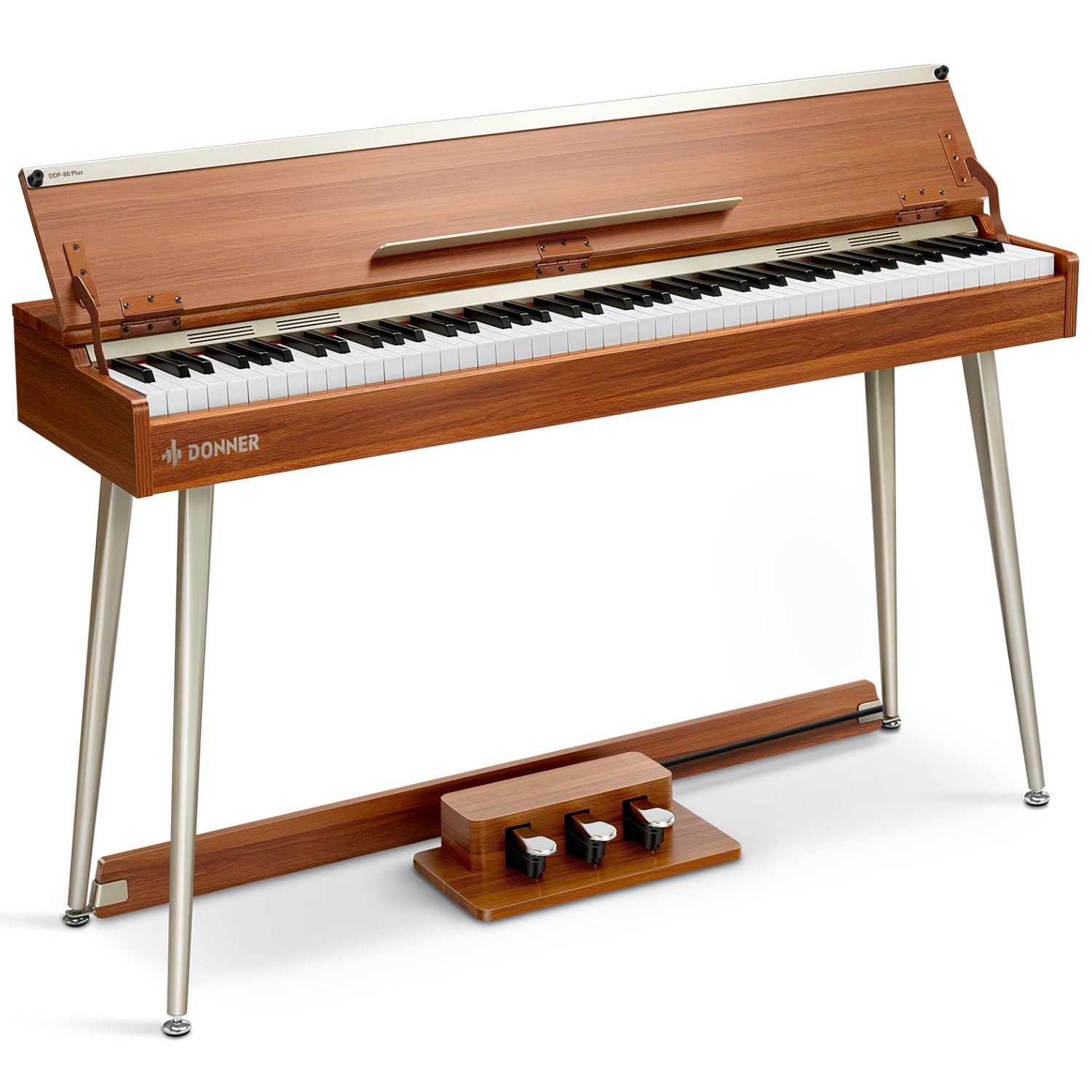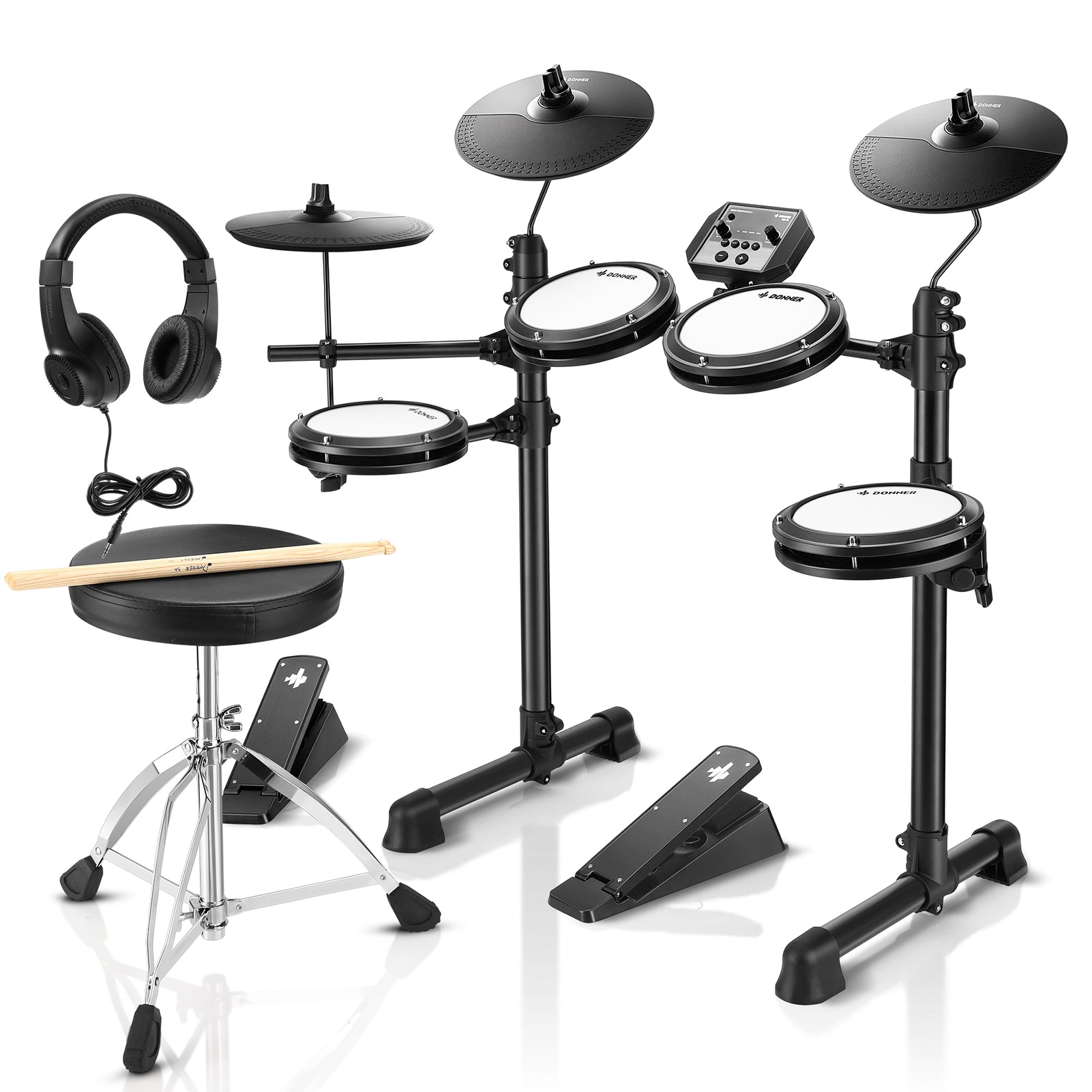As 2023 begins, many people make resolutions to improve their lives in some way. For piano learners, this can be a great opportunity to set goals and work towards becoming a better pianist. Here are some new year resolutions that you might consider as you embark on your piano journey:
1. PRACTICE REGULARLY
One of the most important things for a piano learner is to practice consistently. Set aside a specific time each day or week to sit down at the piano and play. Even just 15-20 minutes of daily practice can make a big difference in your progress. Consistency is key to improving your skills and making progress, so try to make a regular practice schedule and stick to it.
2. SET SPECIFIC GOALS
Determine what you want to achieve on the piano. This could be learning a new piece, improving your technique, or memorizing a certain number of pieces. Having specific goals will help you stay motivated and make progress. You might also consider setting short-term and long-term goals to keep yourself on track. For example, you might set a goal to learn a new piece every month, or to be able to play a certain piece without making any mistakes.
3. LEARN NEW PIECES
Challenge yourself by learning new pieces that are outside of your comfort zone. This will help you expand your musical horizons and improve your skills. You might choose to learn a piece in a different style of music or try a piece that is more challenging than what you're used to. It's important to push yourself and try new things, even if it means stepping out of your comfort zone.
4. IMPROVE YOUR TECHNIQUE
5. ATTEND CONCERTS AND RECITALS
Attending concerts and recitals is a great way to gain exposure to different styles of music and to see how professional pianists perform. You might also consider attending lectures or workshops given by professional musicians to learn more about the art of piano playing. Seeing other musicians perform can be inspiring and can give you new ideas and techniques to try out in your own playing.
6. LEARN MUSIC THEORY
Understanding the underlying principles of music can help you become a better pianist and musician overall. Music theory includes concepts such as scales, chords, and melody, and learning about these things can help you understand the structure of the music you're playing. It can also help you improvise and create your own music. You might consider taking a music theory class or finding instructional materials to help you learn more about these concepts.
7. COLLABORATE WITH OTHERS

>> DEP-20 Weighted Digital Piano with Dual Keyboard Mode
Playing music with friends or joining a group or ensemble can be a fun and rewarding experience. Collaborating with others can help you learn new skills and techniques, and it can also be a great way to socialize and make new friends. Playing with others can also help you develop your skills in ensemble playing, which is important for any musician.
8. EXPERIMENT WITH DIFFERENT STYLES

>> SE-1 Graded Hammer-Action Keyboard with Rich Timbres
Try playing different styles of music, such as classical, jazz, blues, or pop. This will help you become a more versatile pianist and give you a greater appreciation for the different types of music that are out there. It's important to keep an open mind and try new things – you never know what you might discover or enjoy.
9. ATTEND LESSONS OR WORKSHOPS
Consider taking piano lessons or attending workshops to receive personalized instruction and to learn from experienced musicians. Working with a teacher can help you identify and address any weaknesses in your playing and can also provide guidance on your musical goals. Lessons or workshops can be a great opportunity to receive feedback on your playing and to ask questions about anything you're not sure about.
10. HAVE FUN
Above all, remember to enjoy the process of learning the piano. Don't get too caught up in the goal of perfection – just have fun and allow yourself to make mistakes. Playing the piano should be a source of enjoyment and creativity, so make sure to take breaks and give yourself time to relax and have fun. It's important to find a balance between hard work and play, so make sure to take breaks and do things you enjoy outside of your piano practice.
By making these resolutions and sticking to them, you can make significant progress on your piano journey in the coming year. Remember to set realistic goals and to be patient with yourself as you work towards them. With consistent practice, determination, and a love for music, you can become a better pianist and enjoy all the benefits that come with playing this beautiful instrument.
It's also important to remember that progress takes time and that it's okay to make mistakes. Don't get discouraged if you're not seeing the results you want right away – just keep practicing and have fun, and you will improve over time. With dedication and a positive attitude, you can achieve your musical goals and have a rewarding and fulfilling year of piano playing.




